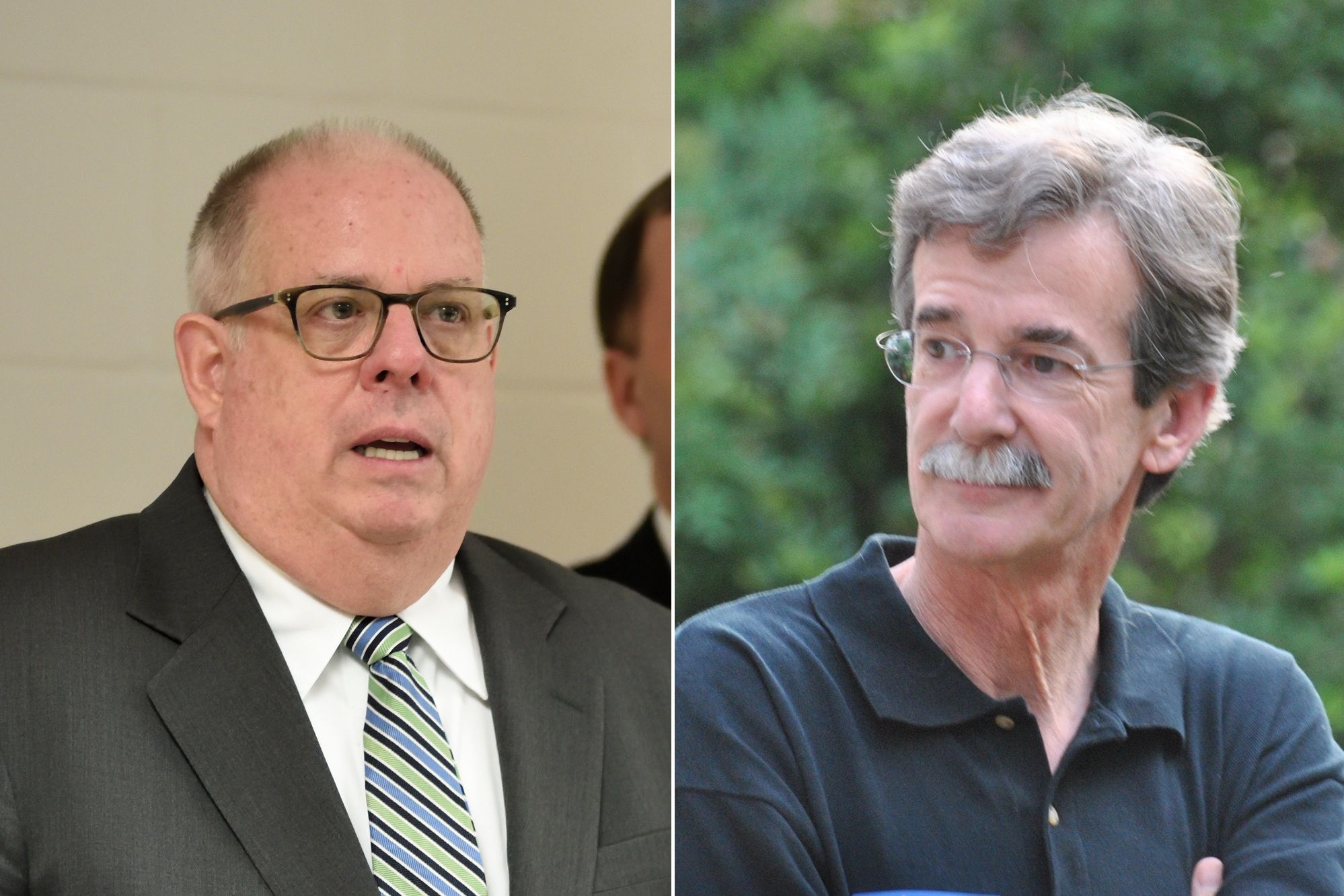A University of Maryland alumnus and former state delegate waged a civil rights lawsuit against Gov. Larry Hogan and Attorney General Brian Frosh this week for issuing an executive order limiting companies’ ability to boycott Israel.
On behalf of Syed Saqib Ali, the Council on American-Islamic Relations filed the suit Wednesday against an executive order Hogan signed in October 2017. The order forces companies and workers seeking government contracts to pledge they will not boycott Israel.
Ali, a Montgomery County resident, represented the county in the House of Delegates from 2007 to 2011 as a Democrat. He told The Diamondback that the order bars him from government contracts through “mandatory ‘No Boycott of Israel’ clauses.” Ali deems these clauses “discrimination that chills constitutionally protected political advocacy in support of Palestine,” and a violation of his First and 14th Amendment rights.
“To even apply for that job, I have to give up my free speech rights,” said Ali, a computer software engineer with two degrees from this university. “I will not tolerate that.”
[Read more: Chewbacca the camel travels from Virginia to give rides at UMD’s Israel Fest]
Nathan Feldman, a member of this university’s Students for Justice in Palestine chapter, said the organization views the executive order as “unconstitutional, anti-Palestine and utterly incoherent.”
“Why should [he] be forced to sign an oath to not boycott a foreign country? And why should Israel get a special place in this discussion?” said Feldman, a 2017 graduate of this university. “It’s an odd double standard that has no place existing in state law.”
SJP views the suit as a first step toward dismantling laws and executive orders that are against the boycott, divestment, sanctions movement and force businesses to not boycott Israel. Such legislation has surfaced in 25 states, Feldman said.
U.S. Sen. Ben Cardin (D-Md.) has supported similar anti-BDS legislation on a national level. He’s introduced several versions of the Israel Anti-Boycott Act, which would bar American companies from taking part in certain boycotts against Israel. The American Civil Liberties Union has censured all versions of the bill, saying it would violate the First Amendment.
[Read more: “An open dialogue”: Pro-Israel and pro-Palestine groups gather during Israel Fest]
Though Ali boycotts Israeli and Israeli-owned products, such as Sabra hummus, and has been a Palestine advocate for years, he says that his suit is a violation of his constitutional rights, not Israel.
Ali planned to apply for two government contracting jobs related to software engineering, but they both required pledges to not boycott Israeli-owned products, so he opted not to. As a result, he said he missed out on thousands of dollars in potential earnings.
“This is America — I shouldn’t have to sign a pledge to get a job,” he said. “That’s insulting, humiliating, outrageous. If I wanted to do another job, do I have to sign pledges to support Japan or Mexico?”
Jenn Miller, the president of this university’s Terps for Israel chapter, said that while the organization respects Ali’s First Amendment rights to boycott individually, it sees his lawsuit as unwarranted in the business field and fueling a movement they say is filled with hate.
“If he as an individual wants to stop buying Sabra hummus … he can,” said Miller, a senior government and politics major. “But when you bring business into it, [there are] other individuals that may not feel the same way. I think that’s problematic.”
Miller said the BDS movement hurts Palestinians, Muslims and Arabs along with Israelis, as the boycott covers not just the occupied territories but all of Israel, where there are free Palestinians and Arabs. She said Terps for Israel supports “Palestinians’ rights to self-determination,” which a boycott would not accomplish.
Hogan’s office declined to comment specifically on pending litigation, but spokesperson Amelia Chasse, said they were confident in their executive order in an email statement.
“We are confident that our executive order was completely consistent with the First Amendment and will be upheld in court,” she said.
A court date has yet to be set.



